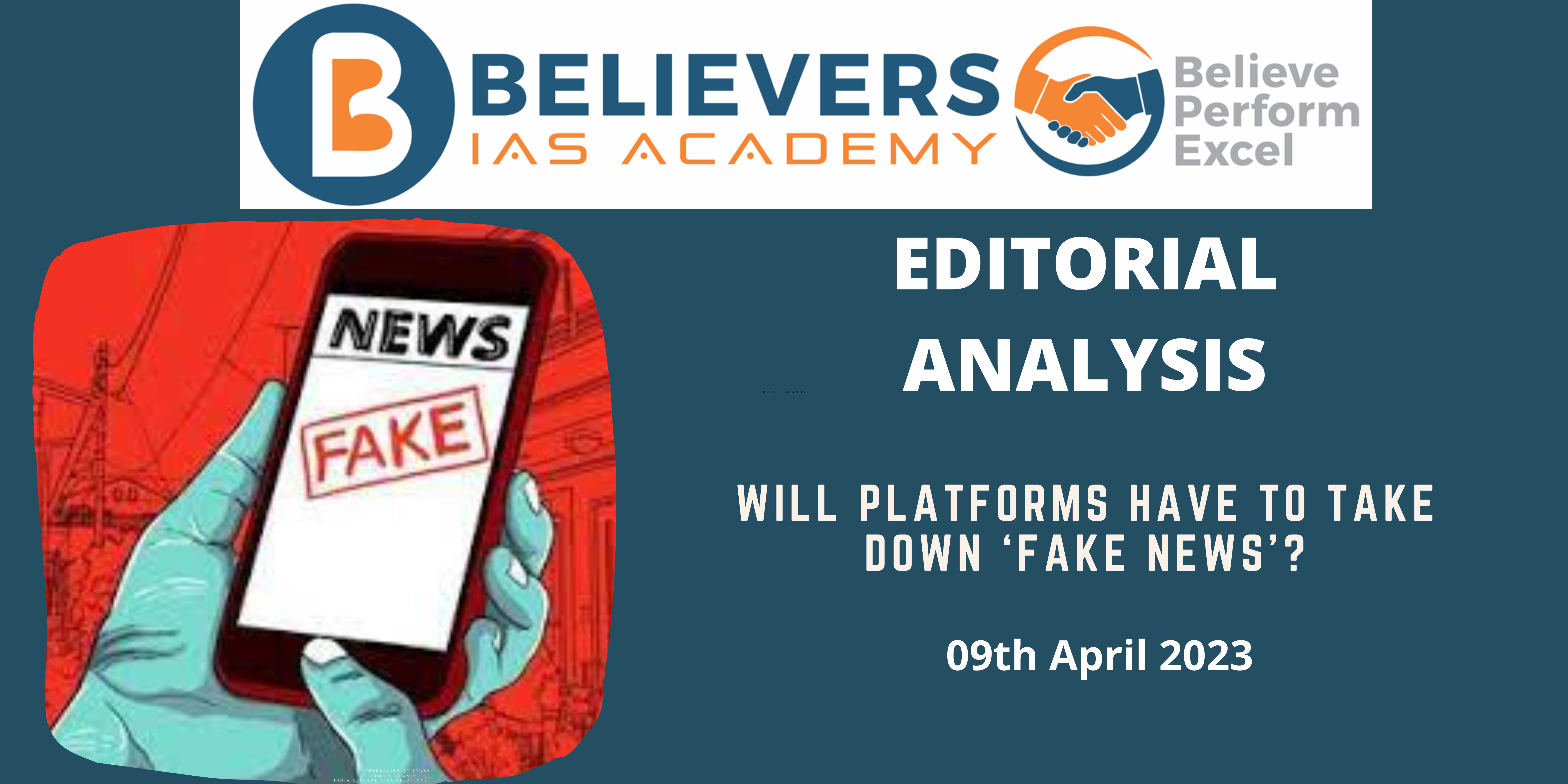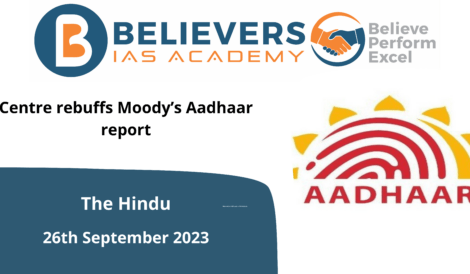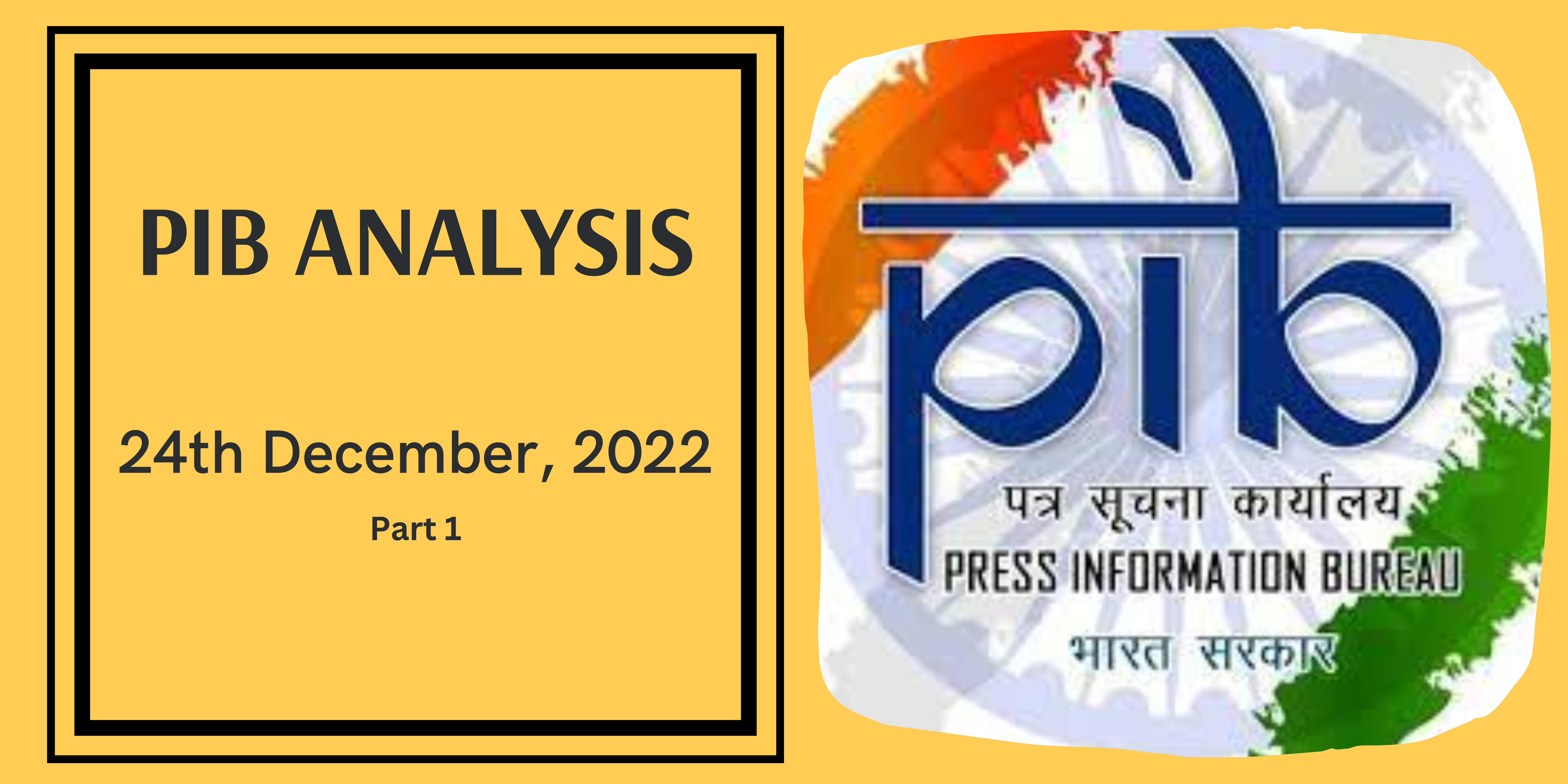Will Platforms Have To Take Down ‘Fake News’?
Context:
The Information Technology (Intermediary Guidelines and Digital Media Ethics Code) Rules, 2021 were revised on Thursday by the Ministry of Electronics and Information Technology. The amendment gives the Union Government the authority to appoint an official fact checker for misinformation and “fake news,” as well as to oversee the online real money gambling business, which includes apps such as fantasy sports sites, rummy, and poker.
Points to Ponder:
- The Ministry of Electronics and Information Technology modified the Information Technology (Intermediary Guidelines and Digital Media Ethics Code) Rules, 2021.
- The amendment gives the Union Government the authority to appoint an official fact checker for misinformation and fake news.
- The Press Information Bureau’s (PIB) fact-checking unit will be designated as the Union Government’s official fact-checker.
- When fake news is reported, social media businesses lose their “safe harbor” for such content, making them vulnerable to lawsuits or other legal action.
- According to the IT Rules, social media businesses lose their intermediary status if they do not have a grievance officer for India or do not respond to customer concerns on time. Furthermore, they will now lose their safe harbor immunity for posts that the government has identified as misleading.
- Organizations such as the Editors Guild of India and the Internet Freedom Foundation (IFF) have expressed worry over the revision, calling it “akin to censorship” and “legally contentious.”
- According to the IFF, the fact check unit could effectively issue a takedown order to social media platforms and even other intermediaries across the internet stack, potentially bypassing the process mandated by Section 69A of the IT Act, 2000.
- Rajeev Chandrasekhar, Union Minister of State for Electronics and Information Technology, has maintained that the amendment would not involve censorship and would merely remove social media companies’ immunity when they chose to leave fake material that has been declared as such.
Why has the amendment caused concerns in points?
- The Editors Guild of India and the Internet Freedom Foundation (IFF) have both dubbed the change “censorial” and “legally contentious.”
- According to the IFF, the fact check unit could effectively issue a takedown order to social media platforms and even other intermediaries across the internet stack, potentially bypassing the process mandated by Section 69A of the IT Act, 2000.
- It is unclear whether stakeholders were contacted before notifying this specific aspect of the revision.
- The sole change from the draught version is a technical one advised by the Department of Legal Affairs.
- The change could limit the fundamental right to free expression, notably for news publishers, journalists, activists, and others.
Will betting and gambling apps be banned in points?
- Real money gaming services must be approved as “permissible” by a Self-Regulatory Body (SRB) comprised of specialists and industry stakeholders, according to the amendment.
- According to constitutional doctrine, “permissible” real money games are those in which the outcome is not solely determined by chance.
- The real money gaming sector has applauded this reform and stated that it will be followed.
- Games that are not certified “permissible” would come under the category of “betting and gambling,” subjecting them to limitations imposed by states where such activities are forbidden.
- The SRBs have been given the authority to evaluate if a real money game is one of skill or chance, which is a critical distinction in determining whether an app aids betting or gambling.
- Major fantasy sports applications and card games that have received court orders recognizing them as skill-based games may be unaffected.
- The Union Cabinet revised the Allocation of Business Rules to grant the Centre authority over “online gaming.”
- This amendment may irritate state governments such as Tamil Nadu, which has tried unsuccessfully to restrict real money online games under the “betting and gambling” designation.




